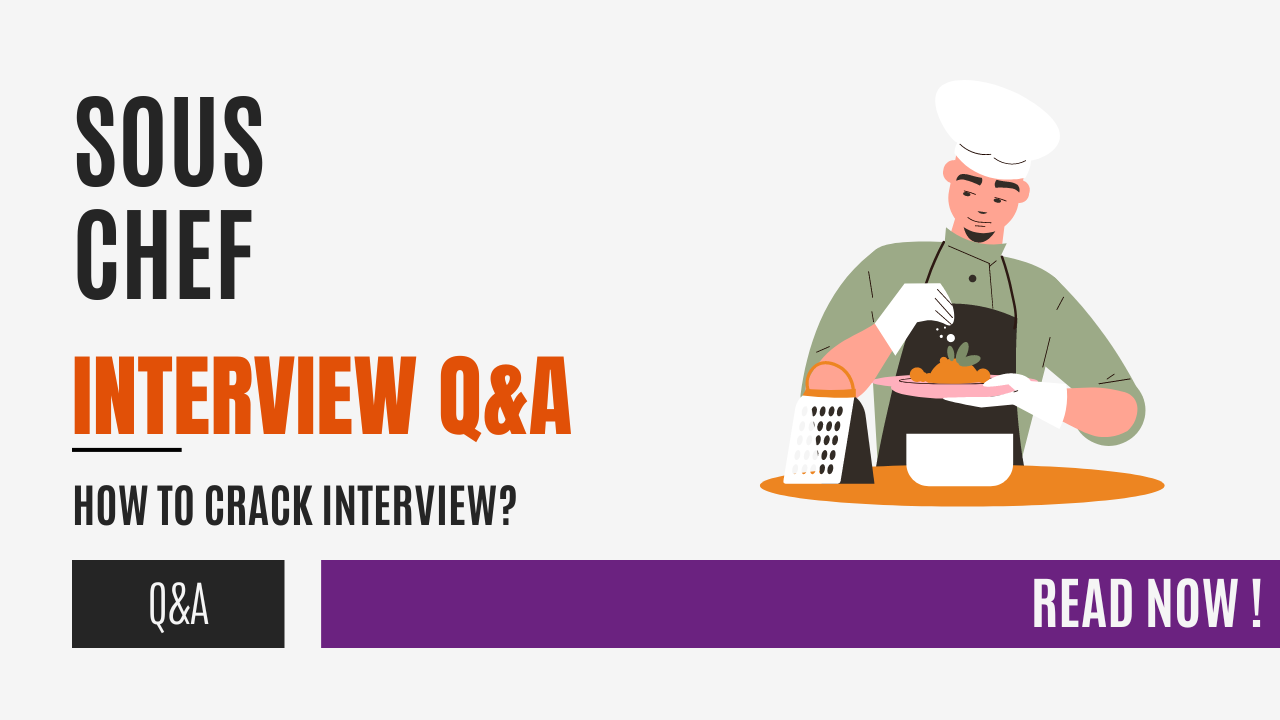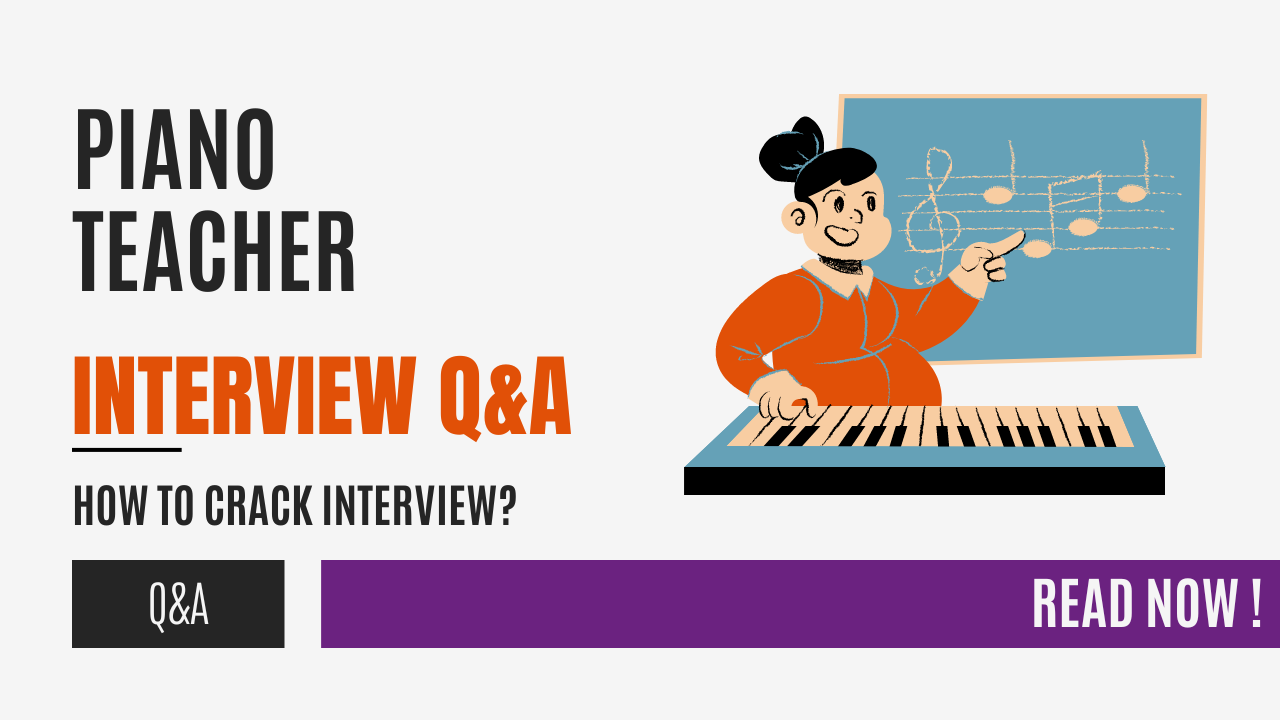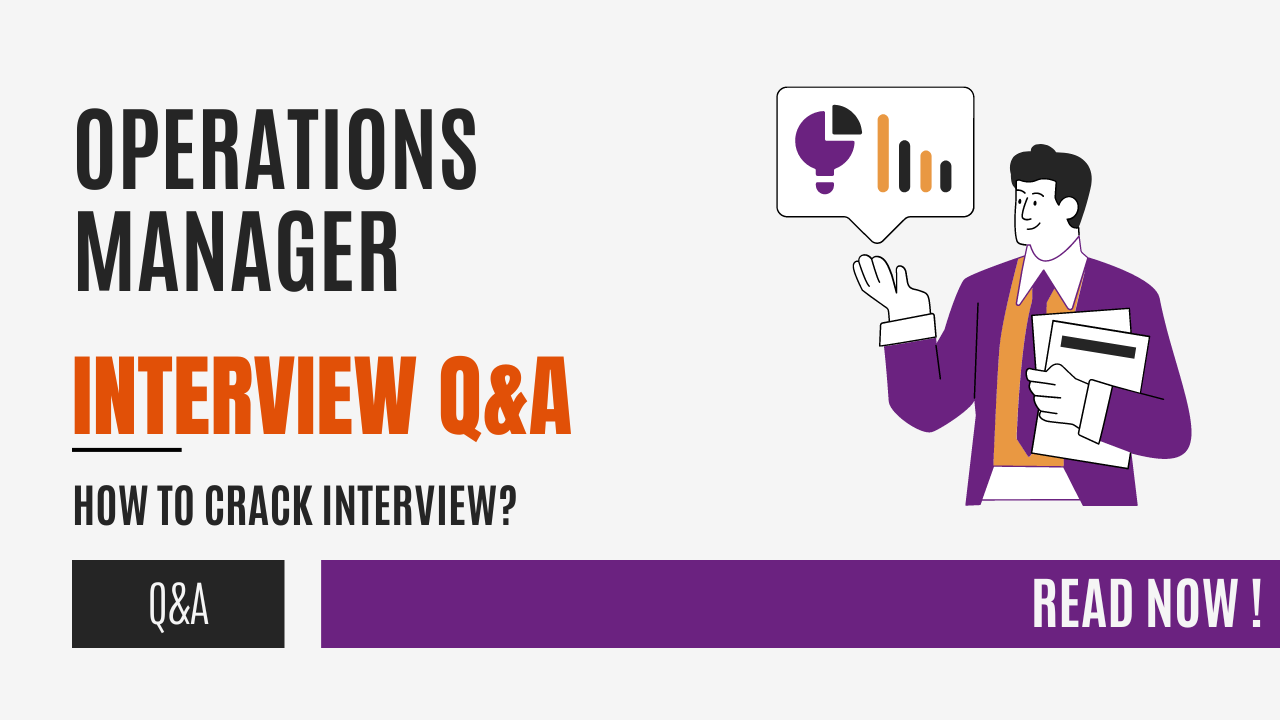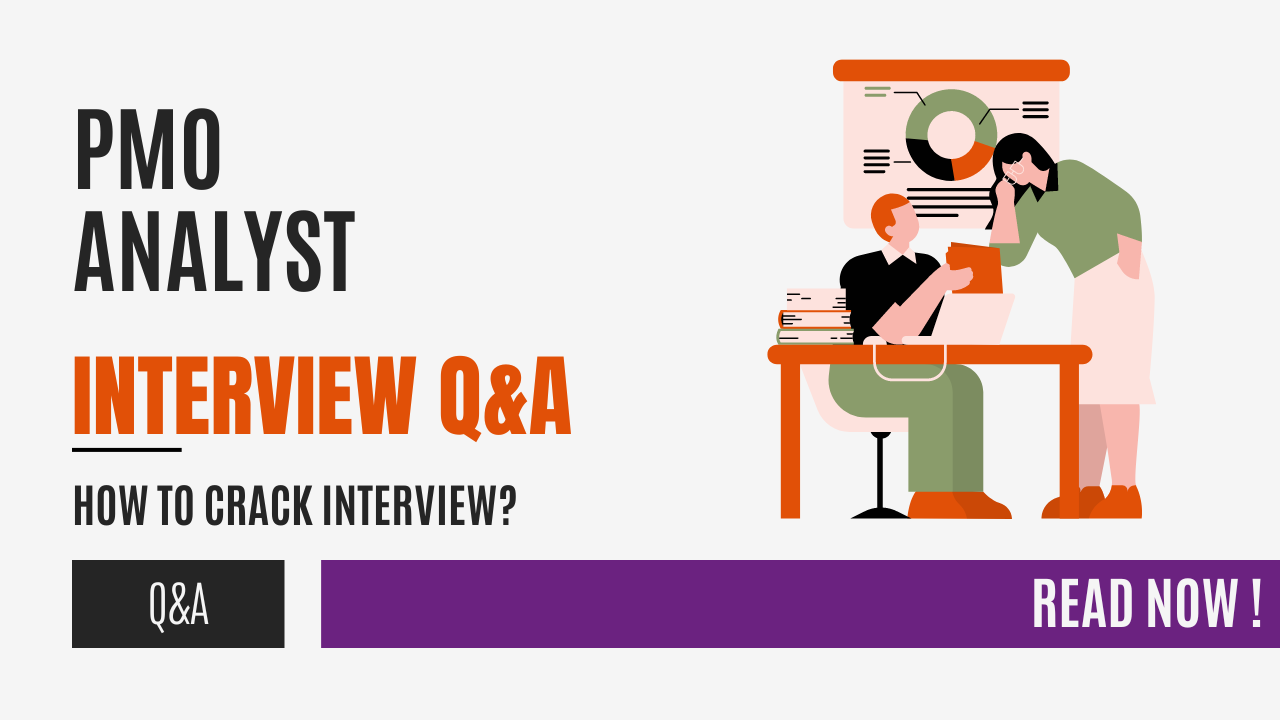Blog Detail
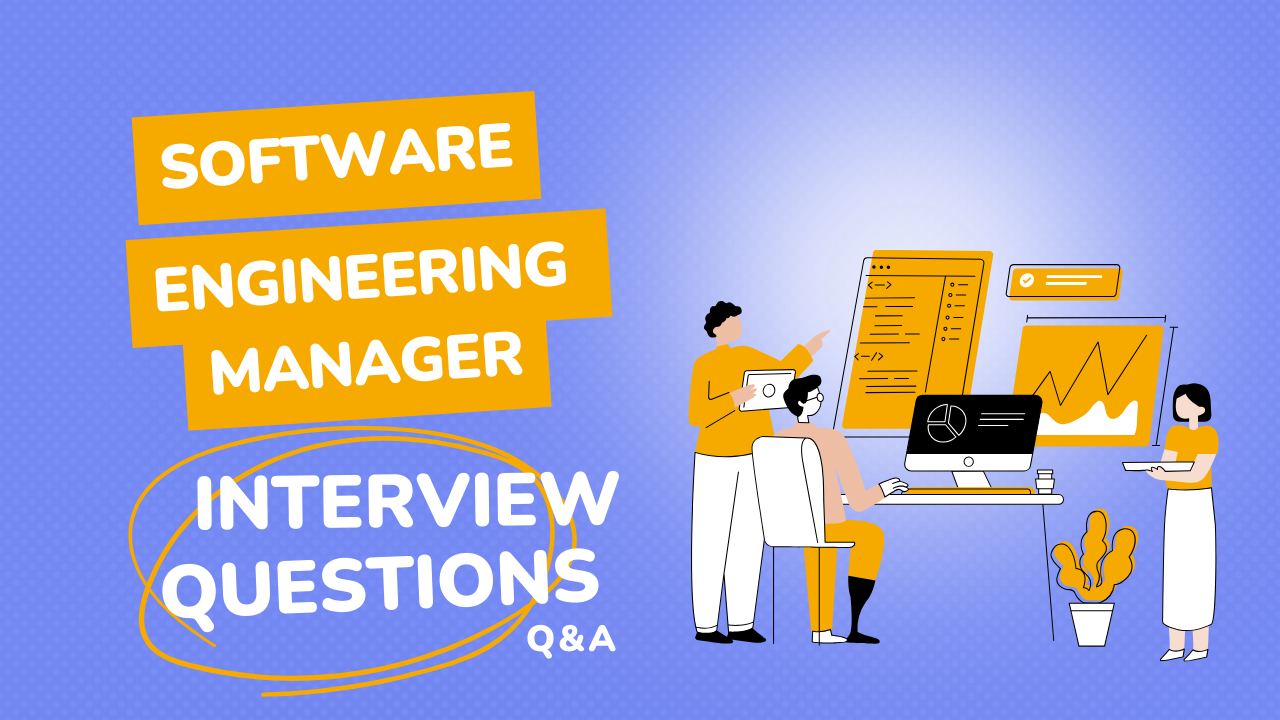
How to Prepare for Remote software engineer Interview in Malaysia
May 25, 2024
In recent years, the demand for remote software engineers has skyrocketed, with companies increasingly embracing distributed teams. Malaysia, with its burgeoning tech scene and strategic geographical location, has become a hotspot for remote software engineering opportunities. If you're eyeing a remote software engineer position in Malaysia, you'll need to prepare meticulously for the interview process. Here's a comprehensive guide to help you navigate through it successfully.
Understanding the Landscape
Before delving into the interview process, it's crucial to understand Malaysia's tech industry landscape. Malaysia boasts a growing tech ecosystem, with Kuala Lumpur and Cyberjaya emerging as prominent tech hubs. Startups, multinational corporations, and tech giants have established their presence in these regions, offering a diverse array of remote opportunities for software engineers.
Preparing for the Interview
- Research the Company: Familiarize yourself with the company's products, services, culture, and recent developments. Understand their tech stack, development methodologies, and any specific projects they're working on. This will demonstrate your genuine interest and enthusiasm during the interview.
- Review Technical Skills: Brush up on your technical skills, especially those relevant to the job description. Be prepared to discuss programming languages, frameworks, tools, and technologies commonly used in remote software engineering roles. Practice coding exercises, algorithmic problems, and system design questions to hone your problem-solving abilities.
- Master Remote Collaboration Tools: Remote software engineering relies heavily on collaboration tools such as Slack, Zoom, GitHub, Jira, and Trello. Familiarize yourself with these platforms and be ready to discuss your experience using them to work effectively in distributed teams.
- Prepare for Behavioral Questions: Employers often ask behavioral questions to assess your soft skills and compatibility with remote work culture. Reflect on your past experiences and prepare anecdotes that demonstrate your ability to communicate, collaborate, adapt, and handle challenges in a remote setting.
The Interview Process
The interview process for remote software engineer positions in Malaysia typically comprises several stages:
- Initial Screening: This may involve a brief phone call or video interview to assess your basic qualifications, experience, and interest in the role.
- Technical Assessment: You may be asked to complete a coding challenge or technical assessment to evaluate your programming skills, problem-solving approach, and ability to write clean, efficient code.
- Technical Interviews: Expect one or more technical interviews where you'll engage in in-depth discussions about your technical expertise, past projects, problem-solving strategies, and approach to software development. Be prepared to tackle algorithmic problems, data structures, system design scenarios, and debugging challenges.
- Behavioral Interviews: These interviews focus on assessing your soft skills, communication abilities, teamwork, and cultural fit within the organization. Expect questions about your remote work experience, time management, collaboration style, and how you handle conflicts or setbacks.
- Final Interview: The final interview may involve meeting with key stakeholders, such as senior engineers, team leads, or hiring managers, to discuss your candidacy, clarify any remaining questions, and gauge your alignment with the company's goals and values.
Tips for Success
- Communicate Clearly: In a remote interview setting, effective communication is paramount. Speak, concisely, and confidently. Pay attention to your tone, body language, and non-verbal cues to ensure smooth interactions with interviewers.
- Demonstrate Problem-Solving Skills: Approach technical problems methodically, articulate your thought process, and explain your solutions thoroughly. Don't hesitate to ask clarifying questions or seek feedback if you're unsure about certain aspects of the problem.
- Showcase Remote Work Experience: Highlight any prior experience you have with remote work, including successful projects completed remotely, strategies for staying productive, and effective communication practices. Emphasize your adaptability, autonomy, and self-motivation in remote environments.
- Ask Thoughtful Questions: Prepare insightful questions to ask your interviewers about the company, team dynamics, project expectations, career growth opportunities, and remote work policies. This demonstrates your genuine interest in the role and helps you gather valuable insights to make an informed decision.
- Follow-up: Send a thank-you email to your interviewers after each interview stage, expressing your gratitude for the opportunity and reiterating your enthusiasm for the position. This simple gesture reinforces your professionalism and leaves a positive impression.
25 common interview questions and sample answers tailored for a Remote Software Engineer interview.
1. Tell me about yourself.
Sample Answer: "I'm a seasoned software engineer with over 5 years of experience in remote roles. I specialize in backend development using languages like Python and Java. My recent projects involved building scalable web applications for e-commerce platforms, where I focused on optimizing performance and ensuring robust security measures."
2. What interests you about working remotely?
Sample Answer: "I'm drawn to the flexibility and autonomy that remote work offers. It allows me to create a conducive environment where I can focus deeply on problem-solving without the distractions often found in traditional office settings. Additionally, remote work enables me to collaborate with diverse teams and leverage technology to bridge geographical barriers."
3. How do you ensure effective communication in a remote team?
Sample Answer: "I prioritize clear and frequent communication using tools like Slack, Zoom, and regular video meetings. I also document discussions and decisions to ensure transparency and alignment across distributed teams. By actively participating in stand-ups and proactively reaching out to team members, I foster a collaborative environment despite physical distances."
4. Describe a challenging technical problem you faced in your previous remote role and how you solved it.
Sample Answer: "In a previous project, we encountered performance issues with our database queries, leading to slow response times. To address this, I conducted a thorough analysis of the database schema, identified inefficient queries, and optimized them by adding appropriate indexes and refactoring the code. This resulted in a significant improvement in response times, enhancing the overall user experience."
5. How do you stay motivated and productive while working remotely?
Sample Answer: "I establish a structured routine, setting clear work goals and deadlines for myself. I create a dedicated workspace free from distractions and take regular breaks to maintain focus and avoid burnout. Additionally, I stay connected with my team through virtual coffee chats and collaborative activities, which helps foster a sense of camaraderie and accountability."
6. Can you walk me through your experience with version control systems like Git?
Sample Answer: "I have extensive experience using Git for version control in both individual and team projects. I'm proficient in branching, merging, and resolving conflicts, ensuring seamless collaboration among team members. I adhere to best practices such as descriptive commit messages and regular code reviews to maintain code quality and project integrity."
7. How do you approach debugging and troubleshooting issues in a remote environment?
Sample Answer: "When faced with a bug or technical issue, I begin by reproducing the problem locally to gain a deeper understanding of its root cause. I leverage logging, debugging tools, and remote debugging techniques to isolate the issue and identify potential solutions. I also collaborate closely with team members, sharing my findings and seeking input to expedite the resolution process."
8. What steps do you take to ensure code quality and maintainability in your projects?
Sample Answer: "I follow established coding standards and practices, writing clean, modular, and well-documented code. I conduct thorough code reviews, soliciting feedback from peers to identify areas for improvement and ensure adherence to best practices. Additionally, I advocate for the use of automated testing and continuous integration to catch bugs early and maintain code quality over time."
9. How do you approach learning new technologies or programming languages?
Sample Answer: "I'm proactive about staying updated on industry trends and emerging technologies by reading relevant blogs, attending webinars, and participating in online courses. When learning a new technology or programming language, I start by exploring official documentation, tutorials, and sample projects to gain foundational knowledge. I then apply what I've learned through hands-on practice and experimentation, gradually increasing complexity as I build proficiency."
10. Describe a time when you had to collaborate with team members from different time zones. How did you ensure effective coordination and communication?
Sample Answer: "In a previous project, I collaborated with team members spread across multiple time zones, spanning Asia, Europe, and North America. To ensure effective coordination, we established overlapping work hours for critical discussions and decision-making. We also leveraged asynchronous communication channels like email and project management tools to provide updates and share relevant information, ensuring everyone stayed informed and aligned despite the time differences."
11. Can you discuss a successful project you completed remotely and the role you played in it?
Sample Answer: "One notable project I worked on remotely involved developing a real-time messaging application for a global client. As a backend engineer, my responsibilities included designing and implementing scalable architecture, integrating with third-party APIs for authentication and notifications, and optimizing database performance for high concurrency. Through collaborative efforts and effective communication with the frontend team, we successfully delivered a robust and user-friendly solution within the specified timeframe."
12. How do you handle conflicting priorities or tight deadlines in a remote work setting?
Sample Answer: "When faced with conflicting priorities or tight deadlines, I prioritize tasks based on their urgency and impact on project milestones. I communicate openly with stakeholders to manage expectations and negotiate realistic deadlines when necessary. I also leverage time management techniques such as the Pomodoro Technique to maintain focus and break down complex tasks into manageable chunks, ensuring timely delivery without compromising quality."
13. Can you discuss a time when you encountered resistance to remote work practices and how you addressed it?
Sample Answer: "In a previous role, there was initially some skepticism among team members about the feasibility of remote work and concerns about communication and collaboration. To address these concerns, I organized virtual team-building activities, facilitated training sessions on remote work best practices, and shared success stories from other distributed teams. By fostering a culture of trust, transparency, and accountability, we were able to overcome resistance and successfully transition to a remote work environment."
14. How do you approach mentoring or supporting junior developers in a remote team?
Sample Answer: "As a senior software engineer, I'm passionate about mentoring and supporting junior developers to help them grow and thrive in their roles. In a remote setting, I leverage virtual mentorship platforms, conduct regular one-on-one meetings, and provide constructive feedback on their code reviews and project contributions. I also encourage them to ask questions, seek clarification, and participate in knowledge-sharing activities to accelerate their learning and development."
15. Describe a time when you had to adapt to changing project requirements or priorities in a remote environment.
Sample Answer: "In a previous project, we encountered shifting priorities due to evolving business needs and market dynamics. To adapt to these changes, we adopted an agile approach, conducting regular sprint planning sessions and retrospectives to reassess priorities and adjust our roadmap accordingly. Through effective communication and collaboration with stakeholders, we were able to pivot quickly and deliver value-added solutions that aligned with the changing requirements."
16. How do you ensure security and data privacy in your software solutions, especially when working remotely?
Sample Answer: "Security and data privacy are paramount considerations in all my projects, especially in a remote work environment where information may be transmitted over unsecured networks. I adhere to industry best practices such as encryption, secure authentication mechanisms, and role-based access controls to protect sensitive data. Additionally, I stay updated on the latest security threats and vulnerabilities, proactively addressing any potential risks through regular security audits and assessments."
17. Can you discuss a time when you had to resolve a conflict or disagreement within your remote team?
Sample Answer: "In a previous project, there was a disagreement regarding the choice of the technology stack for an upcoming feature, leading to tension among team members. To resolve the conflict, I facilitated an open and honest discussion, allowing each team member to voice their concerns and preferences. We then evaluated the pros and cons of each option based on technical merits, project requirements, and scalability considerations. Through collaborative decision-making and compromise, we reached a consensus that satisfied everyone's concerns and moved forward with a unified approach."
18. How do you ensure accessibility and inclusivity in your software designs, particularly in a remote work context?
Sample Answer: "Accessibility and inclusivity are integral aspects of my software design philosophy, as they ensure that all users, regardless of their abilities or background, can access and interact with the application seamlessly. In a remote work context, I pay special attention to designing intuitive user interfaces, providing alternative text for images, and implementing keyboard navigation and screen reader compatibility. I also advocate for user testing with diverse groups to identify and address any accessibility barriers early in the development process."
19. Can you discuss a time when you had to make a critical decision under pressure while working remotely?
Sample Answer: "In a previous project, we encountered a critical production issue during a major release, requiring immediate attention and decisive action. Despite the pressure, I remained calm and focused, gathering relevant data and consulting with key stakeholders to assess the impact and available options. After weighing the risks and considering the potential consequences, I made the decision to roll back the release temporarily to mitigate further damage and restore service stability. Through effective communication and collaboration with the team, we were able to address the issue swiftly and implement a permanent fix without disrupting the project timeline."
20. How do you stay updated on emerging technologies and industry trends relevant to your role as a remote software engineer?
Sample Answer: "Staying updated on emerging technologies and industry trends is essential for my professional growth and effectiveness as a remote software engineer. I regularly read tech blogs, follow industry thought leaders on social media, and participate in online forums and communities to stay informed about the latest developments. I also attend virtual conferences, webinars, and workshops to deepen my knowledge and expand my skill set in areas relevant to my role."
21. Can you discuss a time when you had to lead a remote team or take on a leadership role in a project?
Sample Answer: "In a previous project, I had the opportunity to lead a remote team of software engineers responsible for developing a mission-critical feature for our platform. As the team lead, I facilitated regular meetings to align on project goals, distribute tasks, and provide guidance and support to team members. I also served as a liaison between the development team and stakeholders, communicating project updates, addressing concerns, and managing expectations. Through effective leadership and collaboration, we successfully delivered the feature on time and exceeded client expectations."
22. How do you maintain work-life balance while working remotely, especially when the lines between work and personal life can blur?
Sample Answer: "Maintaining work-life balance is crucial for my overall well-being and productivity, especially in a remote work environment where boundaries can become blurred. To achieve balance, I establish clear boundaries between work and personal time, setting designated work hours and creating a separate workspace away from distractions. I also prioritize self-care activities such as exercise, hobbies, and spending quality time with loved ones to recharge and rejuvenate outside of work hours."
23. Can you discuss a time when you had to onboard and train new team members remotely?
Sample Answer: "In a previous role, I was responsible for onboarding and training new team members who joined remotely from different parts of the world. To facilitate their integration into the team, I developed comprehensive onboarding materials, including documentation, tutorials, and video guides, to familiarize them with our codebase, development processes, and collaboration tools. I also conducted regular check-ins and mentoring sessions to address any questions or concerns they had and provide ongoing support as they ramped up their contributions to the project."
24. How do you handle technical disagreements or debates within your remote team?
Sample Answer: "Technical disagreements are inevitable in any collaborative environment, including remote teams. When faced with differing opinions, I advocate for a constructive and respectful discourse, where each team member has the opportunity to voice their perspective and rationale behind their proposed solution. We then evaluate the merits of each approach based on technical feasibility, scalability, and alignment with project goals. By fostering an environment of open communication and mutual respect, we can arrive at informed decisions that benefit the project as a whole."
25. What are your long-term career goals, and how do you see yourself contributing to our organization as a remote software engineer?
Sample Answer: "My long-term career goals revolve around continuous learning, professional growth, and making meaningful contributions to innovative projects that have a positive impact on society. As a remote software engineer, I envision leveraging my expertise in backend development, my passion for problem-solving, and my collaborative mindset to drive value and innovation within your organization. I'm excited about the opportunity to work with talented teams, tackle complex challenges, and contribute to the success and growth of the company in a remote work environment."
What should we anticipate during a Remote Software Engineer interview?Top of Form
In a Remote Software Engineer interview in Malaysia, you can expect a comprehensive assessment of your technical skills, remote work experience, problem-solving abilities, communication skills, and cultural fit within the organization. Here's what you can typically expect:
- Technical Assessment: Be prepared to showcase your proficiency in programming languages, data structures, algorithms, and software development principles. You may be asked to complete coding challenges, solve algorithmic problems, or participate in technical discussions related to your area of expertise.
- Remote Work Experience: Employers will likely inquire about your experience working remotely, including your familiarity with remote collaboration tools, your ability to manage time effectively, and your strategies for staying productive in a remote environment. Be ready to share examples of successful remote projects you've worked on and how you overcame challenges inherent to remote work.
- Problem-Solving Scenarios: Expect to tackle real-world problem-solving scenarios relevant to the role you're applying for. This could involve debugging code, optimizing performance, designing scalable solutions, or resolving technical issues in a remote setting.
- Communication Skills: Effective communication is critical for remote software engineers. You may be evaluated on your ability to articulate technical concepts clearly, collaborate with remote team members, and adapt your communication style to suit different audiences. Practice conveying complex ideas concisely and engaging in active listening during interviews.
- Cultural Fit: Employers will assess your alignment with the company's values, mission, and remote work culture. They may ask behavioral questions to gauge your teamwork, adaptability, problem-solving approach, and ability to thrive in a distributed team environment.
- Project Experience: Expect questions about your past projects, including your role, contributions, challenges faced, and lessons learned. Be prepared to discuss specific examples of projects that demonstrate your technical prowess, creativity, and ability to deliver results independently or as part of a team.
- Coding and System Design Interviews: Depending on the role and level of seniority, you may undergo coding interviews to assess your coding skills and system design interviews to evaluate your ability to architect scalable and efficient software solutions.
- Remote Work Best Practices: Employers may inquire about your familiarity with remote work best practices, such as time management techniques, asynchronous communication strategies, and collaboration tools like Slack, Zoom, Git, and Jira. Be ready to discuss how you adapt to different time zones, maintain work-life balance, and foster a sense of camaraderie in remote teams.
- Cultural Sensitivity: Given the diverse workforce in Malaysia, employers may assess your cultural sensitivity and ability to collaborate effectively with colleagues from different backgrounds. Demonstrating respect, empathy, and inclusivity in your interactions will be crucial.
- Questions for the Interviewer: Finally, be prepared to ask thoughtful questions to your interviewers about the company culture, team dynamics, remote work policies, career development opportunities, and any other relevant topics. This demonstrates your genuine interest in the role and allows you to gather valuable insights to make an informed decision about joining the organization.
Overall, a Remote Software Engineer interview in Malaysia will likely cover technical proficiency, remote work experience, problem-solving skills, communication abilities, cultural fit, and alignment with the company's values and goals. Preparation is key to showcasing your strengths and securing the role you desire.
